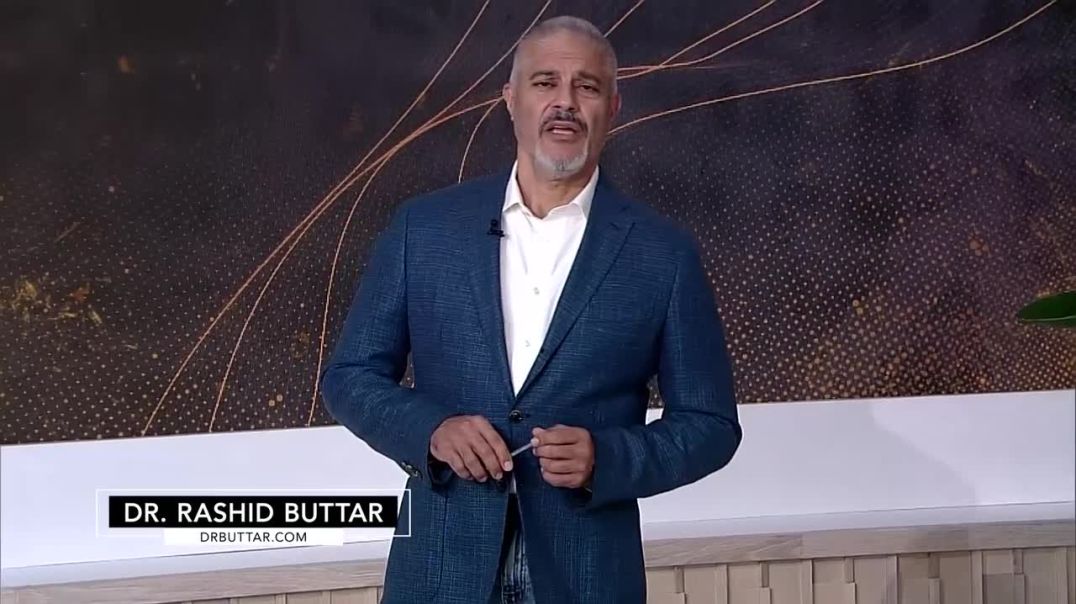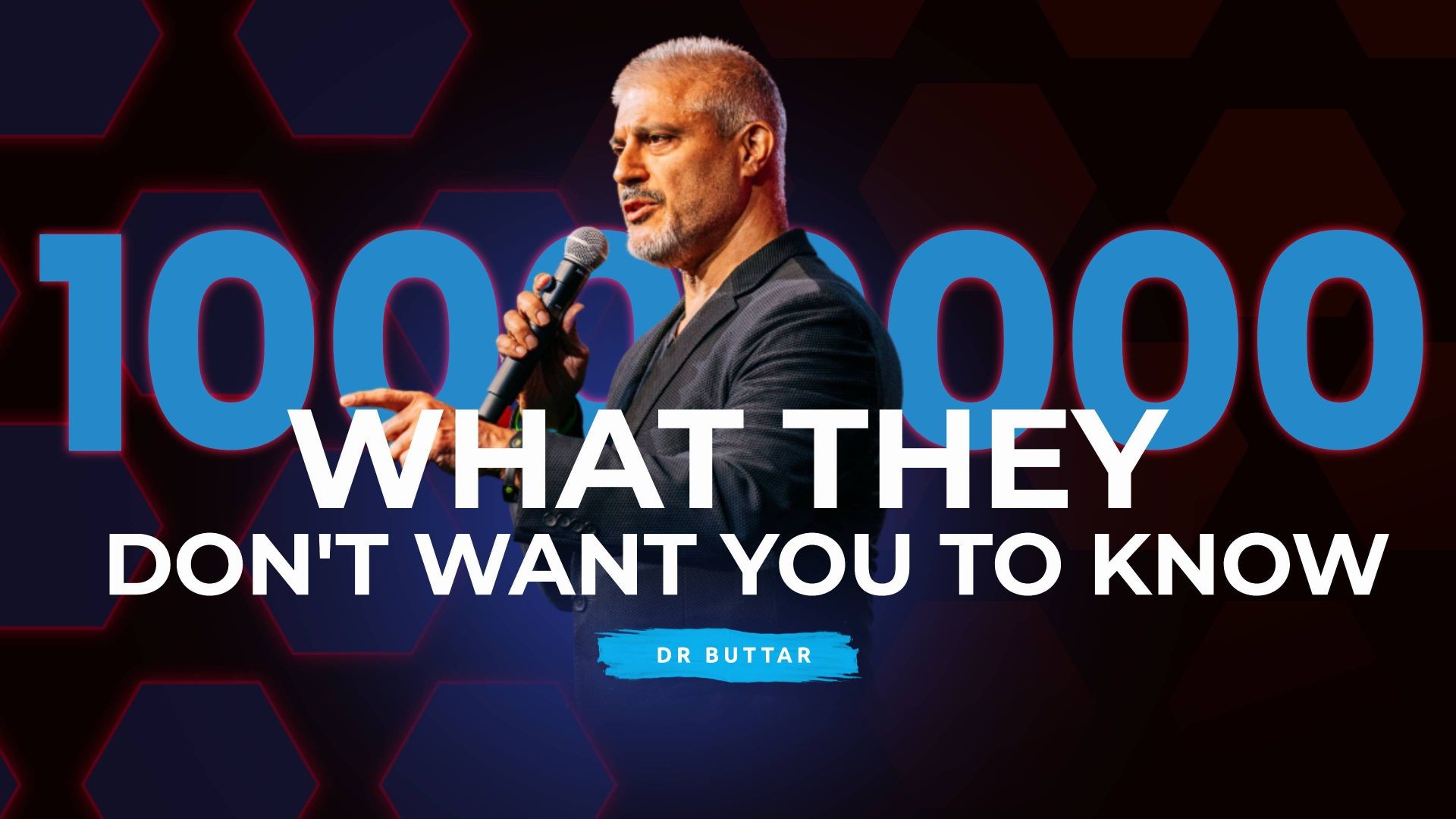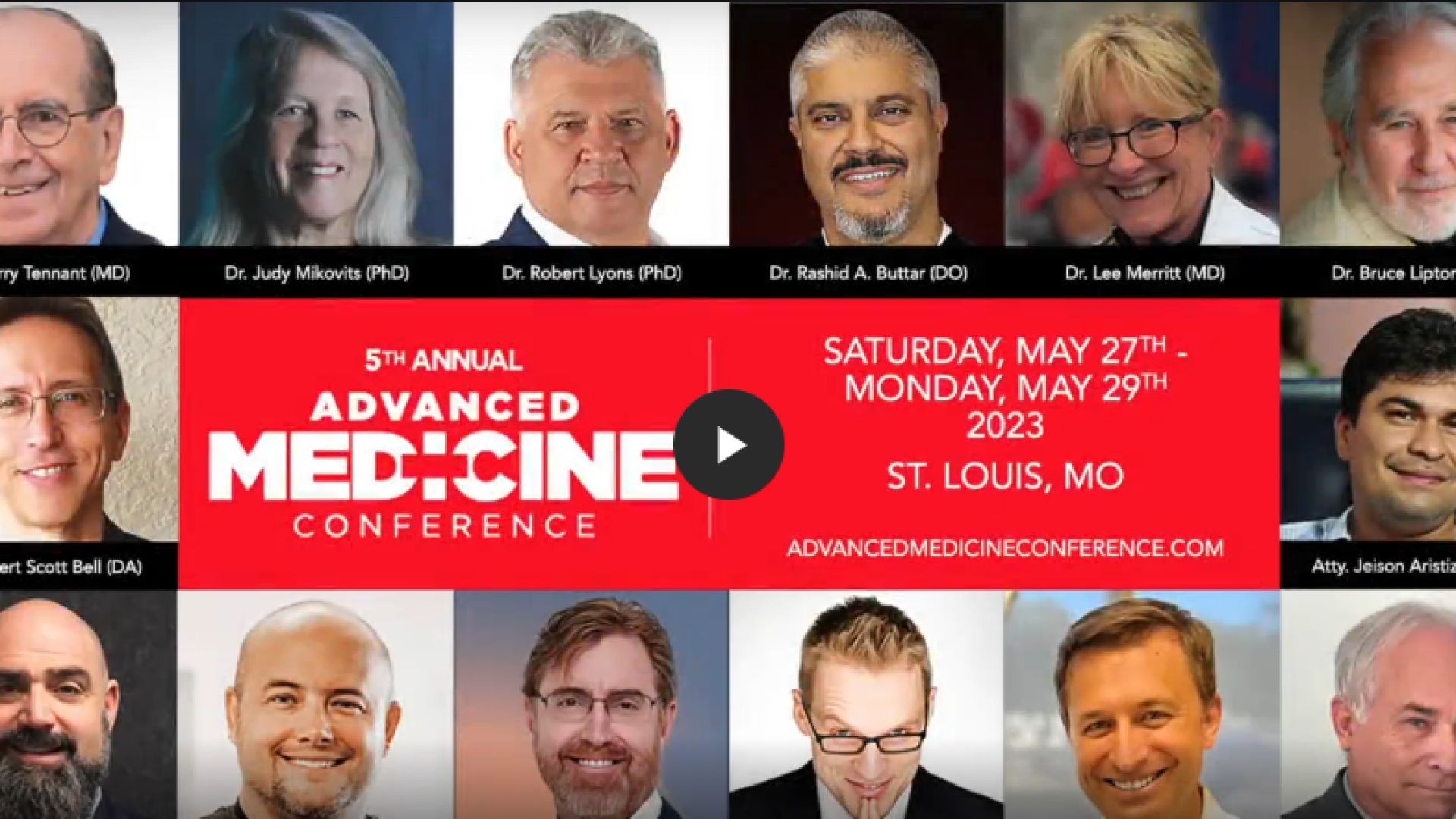04/01/2024 - by Beth Lambert Executive Director, Epidemic Answers and The Documenting Hope Project
We're Ignoring the Medical Symptoms of Autism
Our society ignores the medical symptoms in people with autism because a false belief emerged at some point that said that the medical symptoms are “just a part of autism.” This includes neurological symptoms that are dismissed because people are told that an autistic brain “works differently.” That is a cop out. It is insulting to tell people with autism that their GI pain is “just a part of autism” or that their sensory overload that makes them anxious and frustrated is due to a brain that “works differently.” People deserve better.
What About Neurological Differences?
Let’s unpack the concept of neurological differences. Neurological differences are good. Neurological differences that also exist in a body that is wracked with inflammation, metabolic syndrome, mitochondrial dysfunction, cellular toxicity, severe sensory symptoms, sympathetic nervous system overdrive, adrenal exhaustion, constipation, diarrhea, eczema, and self-injurious behaviors need to be treated very differently. The minute an individual has a medical symptom beyond “neurological difference” we need to treat them medically. And we should consider treating the “neurological difference” if it causes that person suffering.
If you don’t believe me that the "neurological differences" in autism have some basis in whole-body imbalances, talk to a physician who provides functional-lab testing for children with autism. They will tell you. These kids’ bodies are in severe distress. Do you yourself have neurological symptoms? Maybe you should go get some functional-lab testing done. See what comes back. Here’s a menu of tests that you can choose from.
It is imperative that we balance and regulate the body and THEN embrace neurological differences. Do not dismiss neurological differences that are caused by a brain on fire with inflammation. You wouldn’t do this for Alzheimer’s or Parkinson’s or depression (all of which are marked by brain inflammation), why do this for autism?
I think the newly emerging neurodiversity narrative, while helpful and supportive in some ways, has the unintended consequence of distracting us away from asking very important questions about why so many more people are experiencing ‘neurodivergence’ in the modern world.
Asking why 1 in 20 children in California has an autism diagnosis, when it was virtually non-existent a few decades ago, is in no way denigrating or diminishing the humanness of anyone who has been diagnosed autism. In fact, it is quite the opposite. The people who are concerned about the escalating rates of autism are concerned about the suffering that they are seeing in those diagnosed with autism, especially the suffering seen in the 40% of people diagnosed as moderate to severe. They are concerned about children diagnosed with severe autism who can’t speak, can’t advocate for themselves, have chronic GI pain, headaches, inflammation and other symptoms that are so severe that they deal with it by banging their heads, acting out, injuring themselves and worse.
Should we celebrate neurodiversity? Yes! Of course!
Should we also ask how we can help support the physical health of the people who are neurodiverse, especially those with symptoms that cause them to suffer? Absolutely.
Can we do both at the same time?
You bet we can.
But first, we have to acknowledge that autism is not just about neurological difference, it is a whole-body condition that carries with it a long list of medical symptoms and conditions that are often overlooked.
Whole-Body Medicine Is Marginalized in Contemporary Medical Culture
This kind of rationalization is understandable in a mechanistic, reductionist Western medical paradigm that treats parts of the body as distinct, separate and not integrated. Sure, this rationalization makes sense if you are still captured by the idea of genetic determinism, that is, that conditions like autism (for which they don’t have other explanations) are probably caused by genetics. Traditional medicine (e.g., traditional Chinese medicine, Ayurveda, ancestral and indigenous forms of medicine) see the body as an integrated whole, and if the bowel is inflamed, so is the brain. Here is an Ayurvedic description of autism published in The Journal of Ayurveda and Integrated Medical Sciences, Feb 2023:
"Ayurveda understands the nature of human brain in a completely different manner from modern psychiatric and physiological theories. Autism has close similarities to the features of that Unmada which is described in Ayurveda.The condition may be due to Khavaigunya (disrrangements) of Srotas (channels) which nurtures Manas (mind) as a consequence of many Agantuja (epigenetic and toxic insults and post-natal environmental factor) and Sahaja (genetic) factors."
These traditional medical paradigms understand what is causing autism and why we are seeing so many more children being diagnosed with autism, yet this way of thinking is really marginalized in contemporary medical culture. This is changing with the rise of integrative, functional, holistic medicine and as ancient and indigenous forms of medicine are becoming more widely accepted. Sadly, it is not changing fast enough.
While you may not understand the terms like Srotas or Agantuja, the Ayurvedic perspective is that environmental factors (pre-conception, prenatal, neonatal and current) have impacted, and are impacting the body’s ability to “think clearly” or “think typically.” This perspective (along with other holistic approaches) also recognizes that all the organs and systems in the body are one; everything is connected.
If you have pain or disruption in one area of the body, you better believe this will affect other areas of the body. If there are severe headaches, and inflammation in the bowel, or chronic constipation or diarrhea, then something in the body is out of balance, and the brain’s “way of thinking” is going to be impacted. Period. The gut and brain are intricately linked. If there is anxiety or depression, then the microbiome is out of balance.
Yet, we are still sticking to the story that autism is just "neurodivergence" and we shouldn’t treat the root causes of the “accompanying” medical conditions. That chronic burning diarrhea is just “a part of autism” and has nothing to do with “neurological difference.”
Are you sure you want to die on that hill?
Because what if we healed the problems in the gut? Maybe that would positively impact the brain and allow that individual to “think differently” but without the buzz, the noise, the sensory overload, or the pain.
Parkinson’s affects the way people’s brains work and the way people think, so does depression, and bipolar disorder. But we don’t call people with those conditions neurodivergent. We are seeing skyrocketing rates of conditions that affect the brain, whether you call it neurodivergence, neurodegeneration or mental health or neurological conditions.
What all these conditions have in common is inflammation and toxicity in the brain.
Documented Cases of Full Reversal of Neurodivergent Conditions
What’s more, there is a growing body of scientific and medical literature documenting cases of full reversal of autism, ADHD and other “neurodivergent” conditions by addressing inflammation, toxicity, and neurological dysregulation.
Let me state that a different way. Science is now demonstrating that the features of neurodivergence may actually be secondary to environmental, metabolic and other phenomenon and are documenting cases of people who lost their neurodivergence and autism diagnosis by modifying things in the environment, reducing inflammation and toxic load, and supporting the body with health and life-supporting activities (nutrition, natural sunlight, sleep, movement-based therapeutics and more).
Here are some examples:
- O’Hara, N.H., Szakacs, G.M. The recovery of a child with autism spectrum disorder through biomedical interventions. Altern Ther Health Med. 2008;14(6):42-4.
- Baker, S., et al. Case Study: Rapid Complete Recovery From An Autism Spectrum Disorder After Treatment of Aspergillus With The Antifungal Drugs Itraconazole And Sporanox. Integr Med (Encenitas). 2020 Aug;19(4):20-27.
- Fein, D., et al. Optimal Outcomes in Individuals with a History of Autism. Journal of Child Psychiatry and Psychology, 2013.
People who have lost their autism diagnoses through root-cause-oriented biomedical treatment are a "fly in the ointment" of the old guard medical establishment that are still convinced that autism is mainly genetic and unchangeable.
I’ve also been documenting this phenomenon for 15 years and have been listening to the stories of the people that have lost their autism diagnoses. Why are we marginalizing these people and dismissing their stories? Shouldn’t we be running to them and asking, “what did you do?” In my opinion, their stories are sacred.
What are we afraid of?
If there are many cases of children who once met the criteria for moderate to severe autism but after they addressed things like inflammation, infections, toxicity, nutrition, nervous system regulation and sensory integration, they no longer met the criteria for autism, and they were no longer “neurodivergent,” then what is autism, really?














